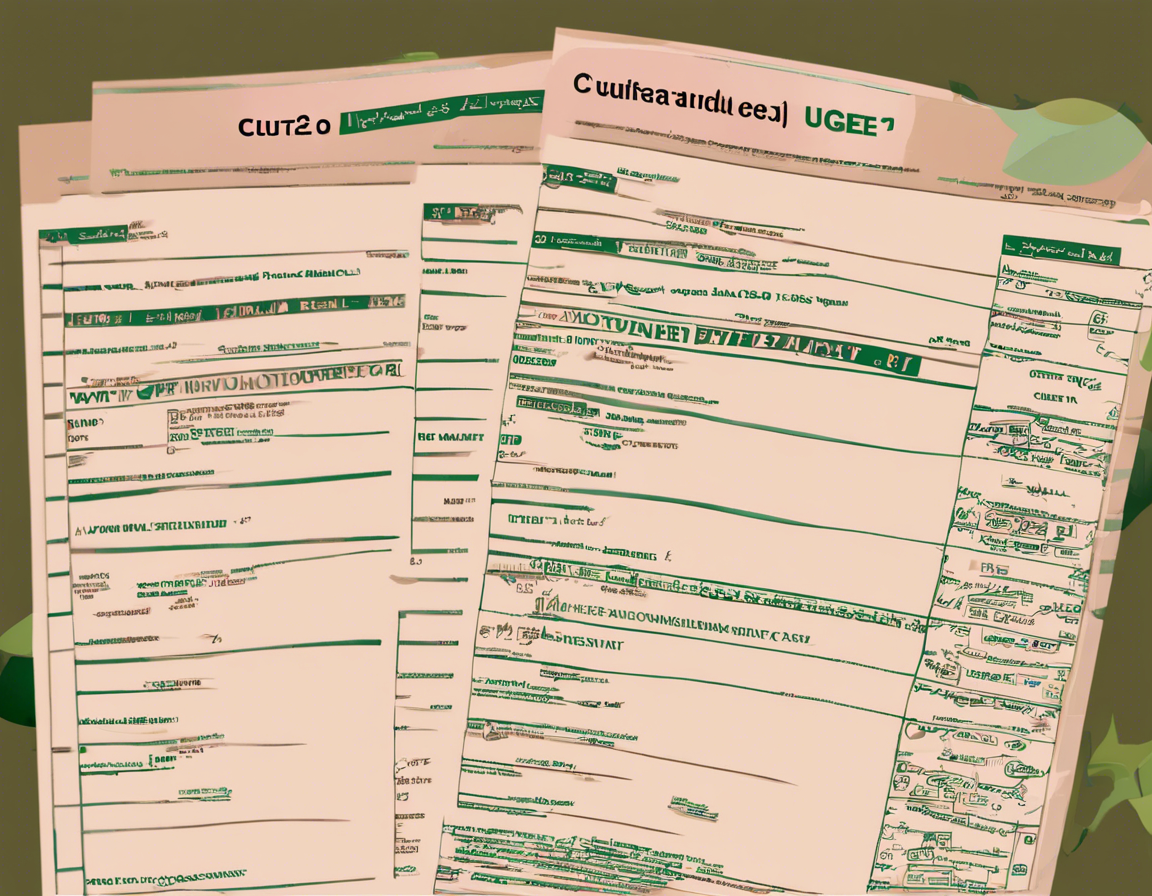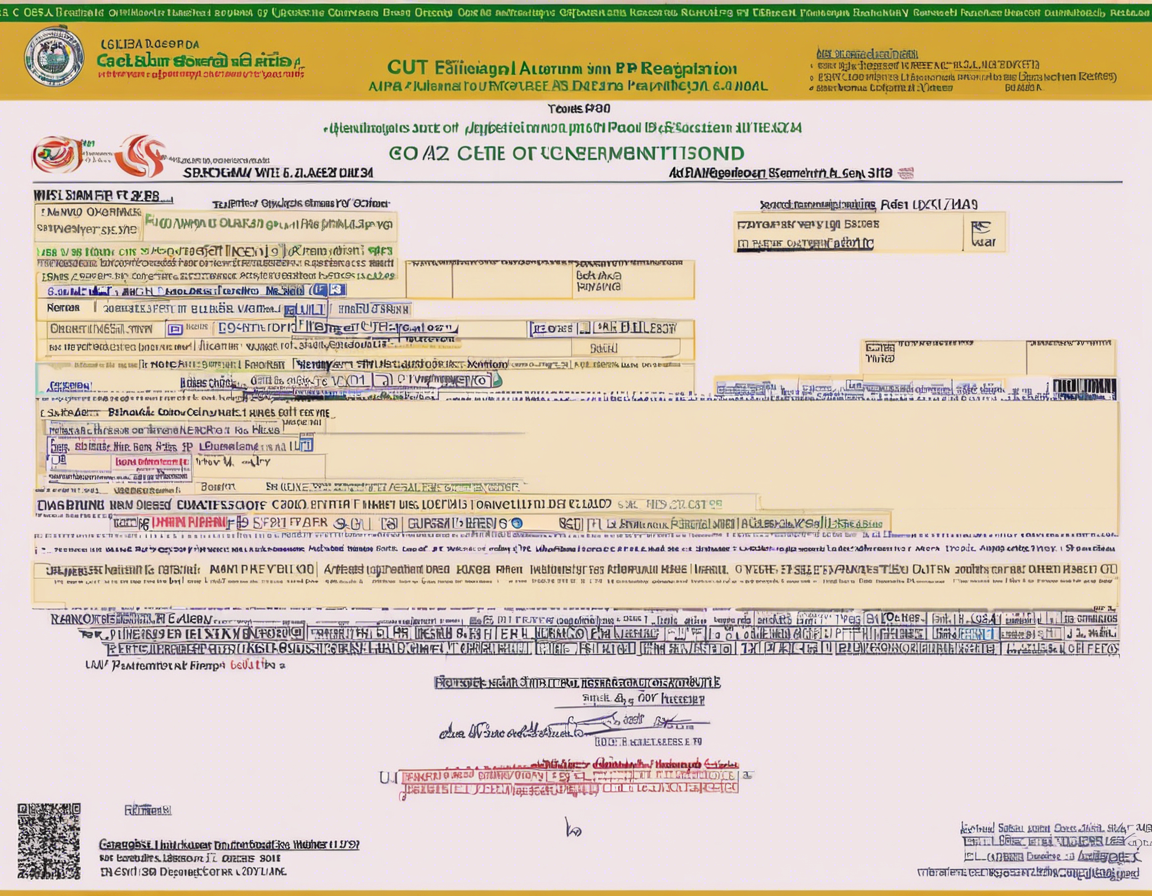
India’s Income Tax Act of 1961 is the backbone of the country’s taxation system and governs the levy, administration, collection, and recovery of income tax. Enacted on April 1, 1962, it has undergone numerous amendments over the years to ensure conformity with changing economic realities. The Act provides a comprehensive framework for the assessment and taxation of various entities such as individuals, Hindu Undivided Families (HUFs), companies, firms, associations of persons (AOPs), and body of individuals (BOIs).
Key Components of the Income Tax Act of 1961
-
Residential Status: The Act classifies individuals into resident, non-resident, and not ordinarily resident categories based on the number of days spent in India in a financial year.
-
Heads of Income: It categorizes income under five heads: Salaries, House Property, Profits and Gains of Business or Profession, Capital Gains, and Other Sources.
-
Income Tax Slabs: The Act prescribes different tax rates for individuals based on their age and income levels. It also allows for various deductions and exemptions to reduce tax liability.
-
Tax Deducted at Source (TDS): Provisions related to TDS require entities making specified payments to deduct tax at source and remit it to the government. Failure to do so attracts penalties.
-
Advance Tax: Taxpayers are required to pay tax in advance based on estimated income if the liability exceeds a certain threshold. Interest is levied on delay or underpayment.
-
Assessment Procedures: The Act outlines the procedures for filing income tax returns, assessment by tax authorities, and dispute resolution mechanisms such as appeals and revisions.
-
Penalties and Prosecution: Stringent penalties and prosecution provisions are in place to deter tax evasion, including fines, imprisonment, and asset seizure.
Recent Amendments and Updates
Over the years, the Income Tax Act of 1961 has seen several amendments to align with economic reforms, technological advancements, and global best practices. Recent updates include:
-
Introduction of Faceless Assessment: To promote transparency and reduce human interface, the assessment process has been made faceless, with cases allocated randomly to tax officers across the country.
-
Reduced Corporate Tax Rates: The corporate tax rates have been lowered to attract investments and spur economic growth, especially for new manufacturing units and companies opting for a lower tax regime.
-
Taxation of Digital Transactions: To capture income from digital transactions and e-commerce activities, the Act now includes provisions for Tax Collected at Source (TCS) on certain transactions.
-
Residency Rules Amendment: Amendments have been made to the residency rules for individuals to prevent misuse of the Non-Resident Indian (NRI) status and curb tax avoidance practices.
Benefits and Challenges for Taxpayers
Benefits
-
Clarity and Consistency: The Act provides a clear framework for taxation, ensuring consistency in the assessment and collection process.
-
Deductions and Exemptions: Taxpayers can avail various deductions and exemptions under the Act, reducing their overall tax liability.
-
Dispute Resolution Mechanism: The Act allows taxpayers to appeal against assessments and seek redressal, ensuring fair treatment and transparency.
Challenges
-
Complex Provisions: The Act’s intricate provisions and constant amendments pose challenges for taxpayers in understanding and complying with the law.
-
Tax Evasion and Avoidance: Despite stringent penalties, tax evasion and avoidance remain prevalent issues, leading to revenue loss for the government.
-
Compliance Burden: Filing tax returns, maintaining records, and meeting compliance requirements can be onerous for individuals and businesses.
Frequently Asked Questions (FAQs)
-
What is the due date for filing income tax returns in India?
-
The due date for filing income tax returns for most individuals is July 31 of the assessment year. However, it can be extended by the government in certain cases.
-
Can I file my income tax return online?
-
Yes, the Income Tax Department allows taxpayers to file their returns online through the e-filing portal.
-
What is the difference between a tax deduction and a tax exemption?
-
A tax deduction reduces the taxable income, while a tax exemption excludes certain income or investments from tax altogether.
-
Are gifts received by individuals taxable under the Income Tax Act?
-
Gifts above a certain value are taxable in the hands of the recipient under the Act, subject to certain exemptions for specific relationships and occasions.
-
How can I check the status of my income tax refund?
-
Taxpayers can check the status of their income tax refund online on the Income Tax Department’s website using their Permanent Account Number (PAN) and assessment year details.
-
What are the consequences of non-compliance with the Income Tax Act?
-
Non-compliance with the Act can lead to penalties, fines, prosecution, and even imprisonment, depending on the severity of the offense.
-
Can senior citizens avail any additional tax benefits under the Act?
-
Yes, senior citizens are eligible for higher basic exemption limits and certain additional deductions under the Act, aimed at reducing their tax burden.
-
Is it mandatory to link Aadhaar with PAN for filing income tax returns?
-
Yes, linking Aadhaar with PAN is mandatory for filing income tax returns and for various financial transactions to curb tax evasion and ensure transparency.
Conclusion
The Income Tax Act of 1961 is a crucial legislation that governs the taxation system in India and impacts individuals, businesses, and the economy at large. While it provides a structured framework for tax assessment and collection, taxpayers often face challenges in complying with its complex provisions. Regular updates and amendments aim to modernize the tax regime and enhance compliance while tackling issues like tax evasion. Understanding the Act’s key components, recent changes, benefits, and challenges is essential for all taxpayers to fulfill their obligations and avoid legal repercussions.








